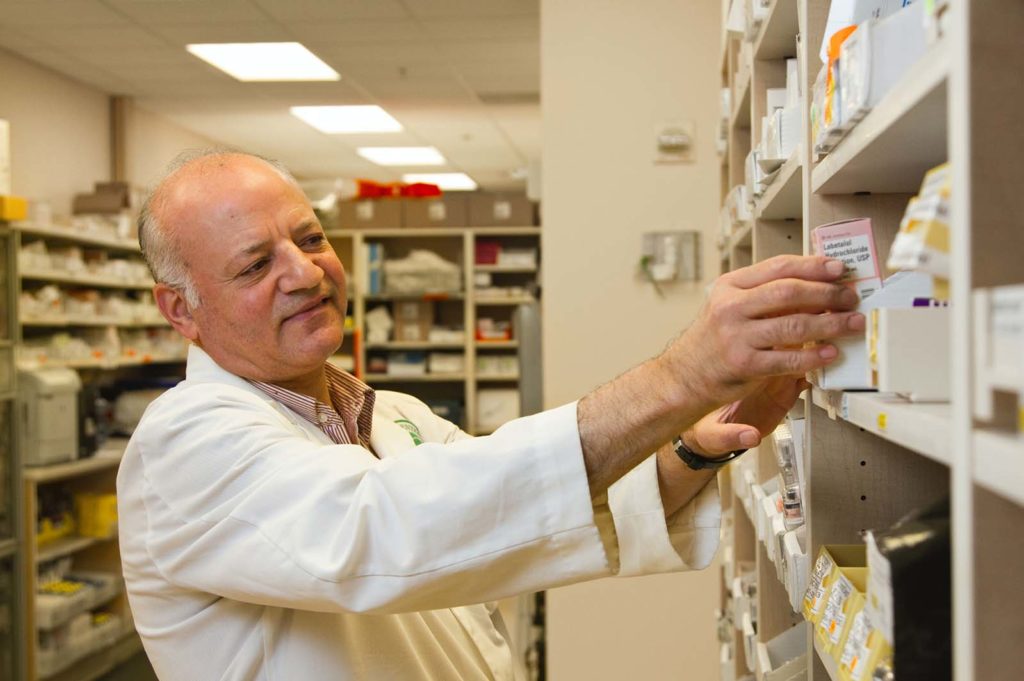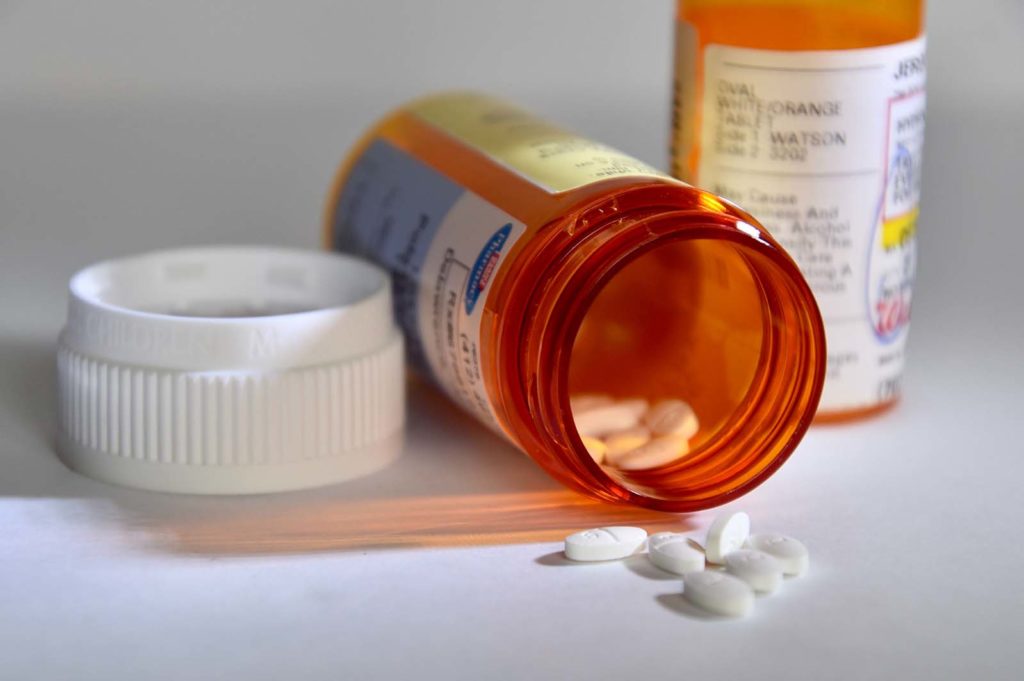How To Prepare for a DEA Pharmacy Audit

The Drug Enforcement Agency (DEA) conducts audits on pharmacies in compliance with the Controlled Substances Act (CSA). That’s why healthcare industry business owners must always be ready for a DEA audit of your pharmacy.
Find out why it is vital to prepare for DEA audits and how often they occur and learn how you can get ready for these inspections.
What Is the DEA?
The Drug Enforcement Administration (DEA) is an agency of the U.S. federal government. It is responsible for the enforcement of laws and regulations related to narcotics and controlled substances. The DEA was established in July 1973 via the Reorganization Plan No. 2 of 1973, according to the Federal Register.
What Is DEA Registration?
DEA registration is a necessity for pharmacies and other establishments that supply, administer, or dispense controlled substances. It is required for each main location of a healthcare business, unless the registrant only prescribes substances in the secondary location.
Practitioners applying for DEA registration need to complete DEA Form 224. Researchers should submit DEA Form 225.
Why Is It Important To Be Prepared for a DEA Pharmacy Audit?
DEA audits typically take place at random to confirm that your pharmacy follows the regulations. They can also occur if the DEA receives information that your prescribing patterns are different from other prescribers.
DEA inspections are usually routine in nature. However, the DEA may take administrative action against your pharmacy if they discover that you have violated the CSA. In such cases, your DEA registration may be negatively affected. That’s why you must ensure that you and your pharmacy team consistently comply with the laws and regulations.
How Often Do DEA Audits Occur?
DEA inspections of practitioners typically take place once every three years. Nevertheless, these audits can happen more often, specifically for practitioners who prescribe buprenorphine or have a Drug Addiction Treatment Act of 2000 waiver.
By contrast, DEA audits of narcotic treatment programs and non-practitioners generally occur once every five years.
How To Prepare for a DEA Audit of Your Pharmacy
Described below are ways that you and your pharmacy team should be prepared for a DEA audit.
Follow the Drug Addiction Treatment Act (DATA)
Make sure that your pharmacy is fully compliant with the Drug Addiction Treatment Act (DATA) passed on October 17, 2000.
You should only administer and dispense Schedule III, IV, or V narcotic medications permitted by DATA. These substances have been officially approved for the use of qualified physicians in the maintenance and detoxification treatment of narcotic-dependent persons. At present, only buprenorphine (mono formulation) and buprenorphine/naloxone have been approved by the Food and Drug Administration (FDA).
Keep the Required Records
Maintain diligent records in your pharmacy. Take note that practitioners who prescribe buprenorphine and buprenorphine/naloxone are required to keep certain records, according to the Providers’ Clinical Support System (PCCS).
The documentation should be consistent with the recommendation of the DEA and the Federation of State Medical Boards.
DEA Certificates of Registration
The DEA certificates of registration of the physicians in your pharmacy must state the number of patients that they are permitted to treat. Physicians need to monitor the number of patients they are currently prescribing buprenorphine and buprenorphine/naloxone.
Patient Limit
Physicians are allowed to treat a maximum of 30 patients at any given time during the first year after they have received the waiver. They can submit a second notification to the Center for Substance Abuse Treatment (CSAT) to increase their patient limit beyond 30. It is possible to treat up to 100 patients with proper approval.
Prescriptions

The prescriptions for buprenorphine and buprenorphine/naloxone should contain the following information:
- Full name of the patient
- Address
- Drug name, strength, dosage, form, and quantity
- Directions for use
- Date
- Signature on the day of issue
Each prescription should include the DEA registration number and the DATA 2000 identification number of the physician.
Records
You should keep copies of the following records at the location indicated in the DEA registration:
- Current DEA registration
- State medical license
- State narcotics license (if applicable)
Other Document
You must also maintain these documents at the facility:
- Log of active buprenorphine patients
- Prescription log
Follow Storage and Dispensation Recommendations
Your pharmacy team must store and dispense medication in accordance with standard regulations. Buprenorphine and buprenorphine/naloxone should be kept in a securely locked cabinet constructed in a sturdy, substantial way.
You are required to keep a record of the number of controlled substances that the pharmacy receives and dispenses. Each individual practitioner in your team should indicate the identification number on the records when dispensing and on the prescriptions when prescribing narcotic drugs.
Make sure to inform the local DEA office in writing within one business day if your pharmacy encounters major loss or theft of buprenorphine or buprenorphine/naloxone.
Problem Resolutions
If the DEA auditor spots an administrative violation during the inspection, they may issue your pharmacy a Letter of Admonition. This document will list the issues that the inspector noticed during the audit. You will be granted 30 days to respond to the DEA with pertinent information on how you and your pharmacy team resolved the problems indicated in the letter.
Get Expert Legal Support
Your pharmacy must meet the requirements of the DEA audit to continue operating your healthcare business. Nevertheless, preparing for DEA investigations can be a lengthy, intimidating procedure. It may involve complex tasks that could distract you from your main pharmacy responsibilities.
You can streamline the preparation process from your end by requesting the assistance of legal professionals who specialize in the healthcare field. Connect with our legal experts today so we can help you and your pharmacy team get ready for a DEA audit.